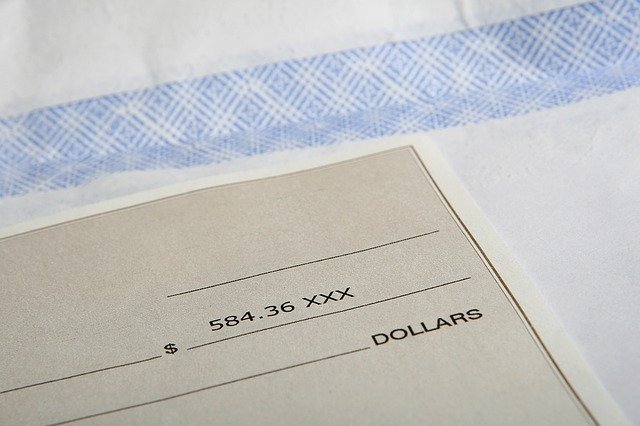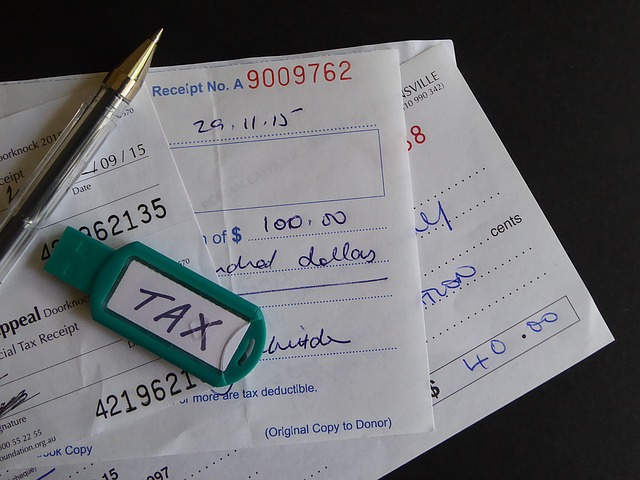A Health Savings Account (HSA) is an often-overlooked strategy that has tax advantages. An HSA allows individuals to set aside money on a pre-tax basis to pay for qualifying medical expenses. The savings account can be used to pay for insurance copayments and other expenses that can save money on overall healthcare costs.
It’s important to remember that employer contributions will also figure toward those amounts. Individuals that contribute more than the allowable amount will incur a 6 percent tax. However, not everyone can take advantage of an HSA.
The HSA funds can be utilized at any time, but funds can only be contributed if individuals have a high deductible health plan – such as those available through the Health Insurance Marketplace. In 2022, individuals can contribute up to $3,650 and up to $7,300 for families. The funds also roll over from year to year if they’re not spent. HSAs have the potential to earn interest or other benefits that aren’t taxable.
Contributions
Contributions are tax free. They can be made through a pre-tax payroll deduction and isn’t counted as income so it can’t be taxed. Self-employed people can make pre-tax contributions and it won’t count as taxable income.
Interest
An HSA is a savings account and it will earn interest like any other savings account. The good news is that interest earned won’t be deemed as taxable income.
Withdrawals
Withdrawing funds to pay for allowable medical expenses can be done without penalty. An added bonus is that the HSA will perform like a traditional IRA once an individual turns 65 years old. Funds can then be withdrawn for any reason, not just for medical care and costs. However, individuals will be taxed on the money if they do. Anyone that’s enrolled in Medicare won’t be able to contribute to the HSA any longer. The good news is that any unused money that rolled over for all those years will still be there to pay for medical expenses tax free.
At Peavy and Associates PC our mission is to assist you with all your tax preparations, payroll and accounting needs. We provide our clients with professional, personalized accounting services and guidance in a wide range of financial and business needs. Give us a call today and discover why our clients return to Peavy and Associates, PC year after year!







